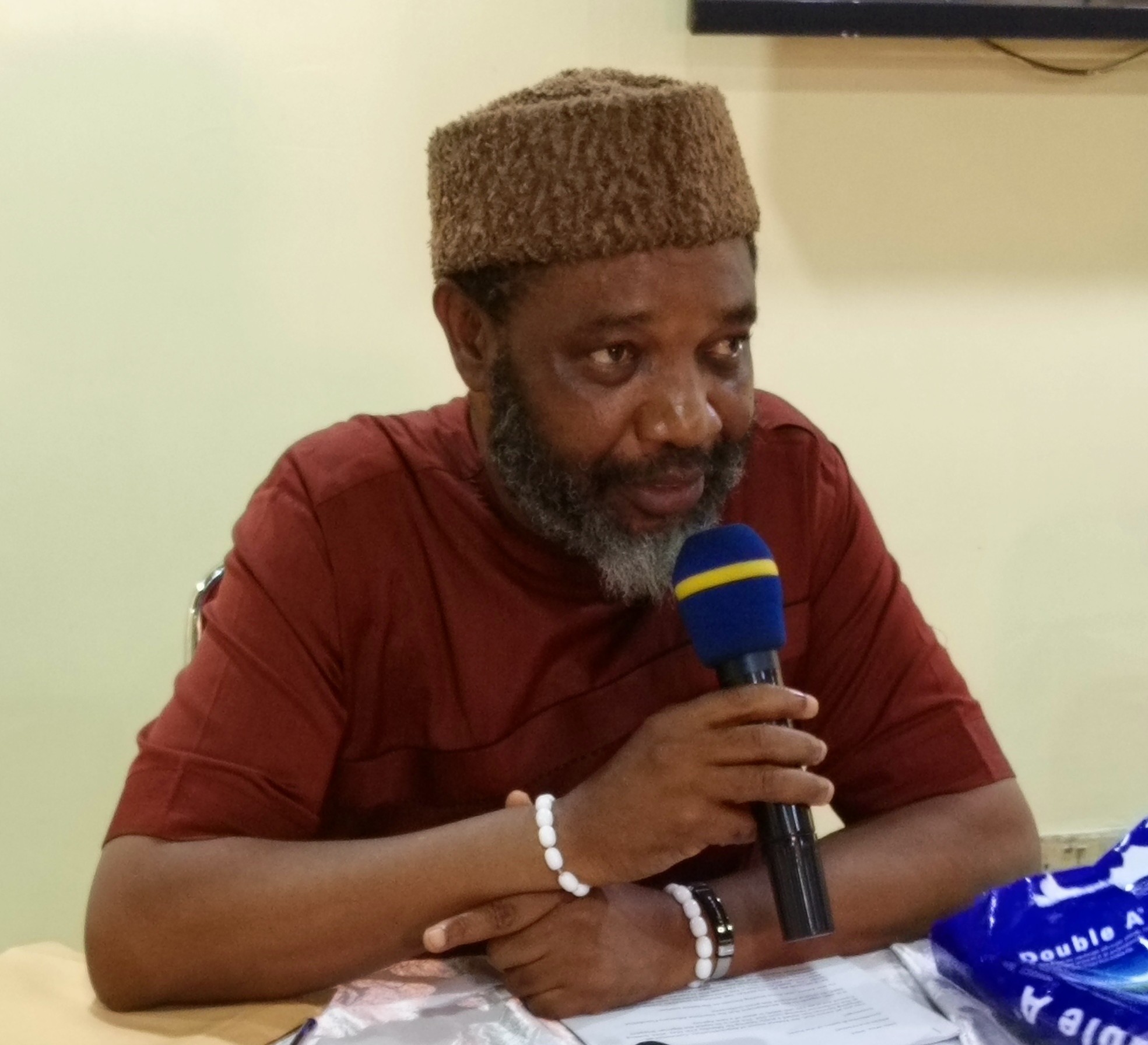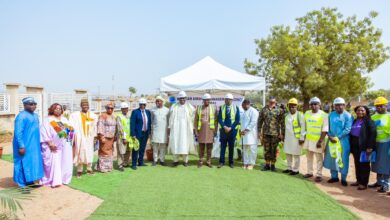
The Sea Empowerment and Research Center (SEREC) has challenged the widespread belief that operations at Nigeria’s Eastern ports are more expensive than those at Lagos ports, describing it as a “myth born of long neglect.”
In its latest Power Point Bulletin titled “Eastern Ports vs Lagos Ports: Myth or Reality of Higher Costs?”, signed by its Head of Research , Fwdr Eugene Nweke Rff, the research body attributed the cost disparity perception to years of structural decay, poor connectivity and policy imbalance rather than any actual tariff differences.
According to SEREC, port charges under the Nigerian Ports Authority (NPA) remain uniform nationwide, but the Eastern ports comprising Onne, Calabar, Port Harcourt and Warri suffer inflated logistics and freight costs due to dilapidated infrastructure, obsolete cargo handling equipment, and shallow drafts that prevent large vessels from berthing. This situation, the Center observed, forces importers and shipping lines to rely on transshipment, thereby raising total delivery costs.
SEREC also highlighted that weak road and rail connectivity, as well as insecurity along transit corridors, further compounds the cost of moving goods from the Eastern ports to inland markets. Shipping companies, it noted, often impose insecurity or port differential surcharges because of low traffic and poor facilities factors that distort the real picture of cost competitiveness.
The Center lamented what it described as long standing policy neglect, where federal infrastructure investments and modernization programs have been disproportionately focused on Lagos ports, leaving the Eastern corridor underdeveloped. This imbalance, SEREC argued, has sustained a cycle of underutilisation and misperception that the Eastern ports are less viable.
It further suggested that subtle political and strategic interests have reinforced the concentration of maritime activity in Lagos, contrary to economic logic and global best practices. Drawing comparisons with countries that have built artificial ports to boost trade such as the United Arab Emirates, SEREC questioned why Nigeria, despite its natural harbours, continues to underutilize them.
They also proposed a set of remedies, including urgent dredging and modernisation of Eastern ports, rehabilitation of rail and inland waterways, introduction of cargo sharing policies to balance port utilization, and provision of incentives to attract more shipping lines to the Eastern corridor. SEREC also called for depoliticizing port management and adopting a national economic approach that prioritizes efficiency and regional inclusion.










https://t.me/s/iGaming_live/4864
https://t.me/s/officials_pokerdom/3892